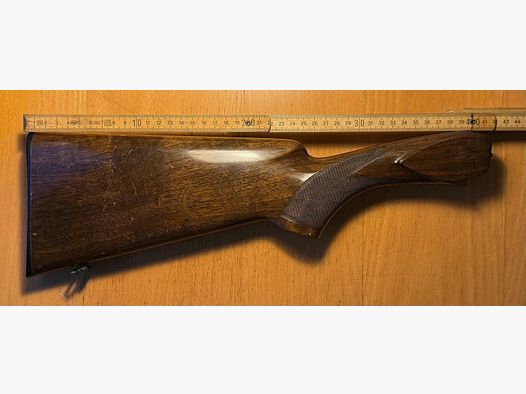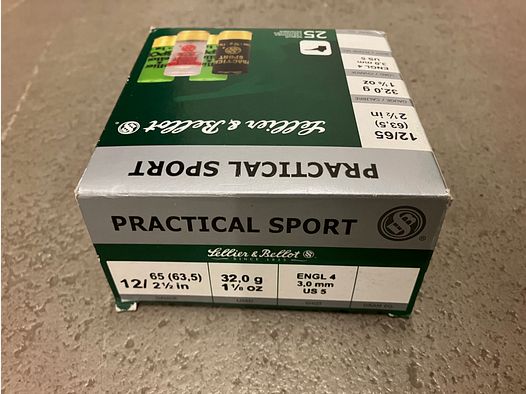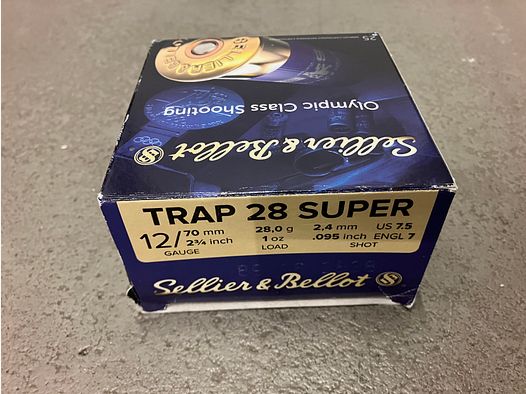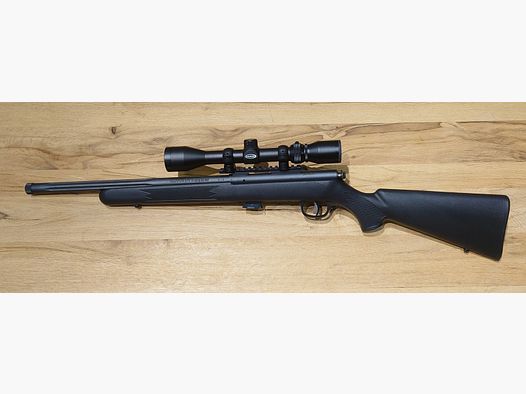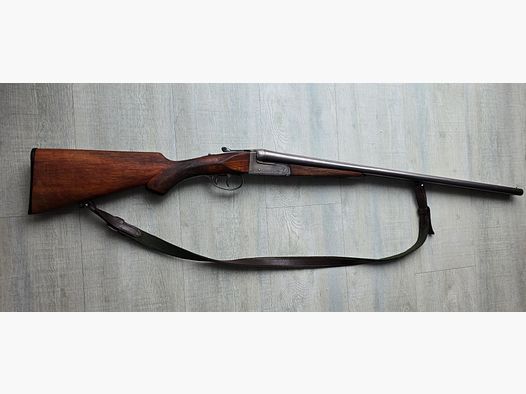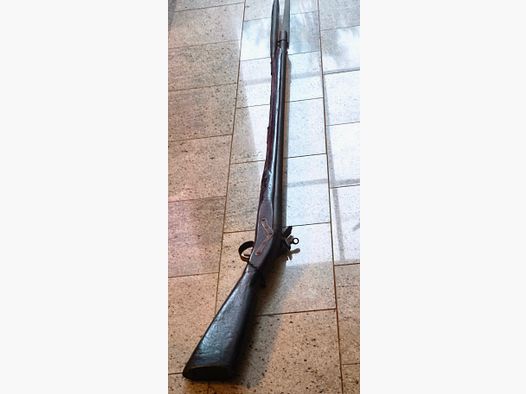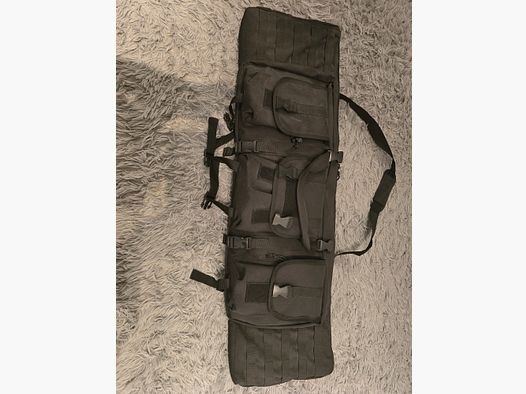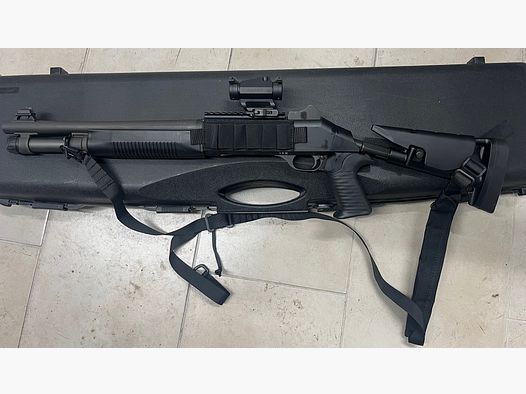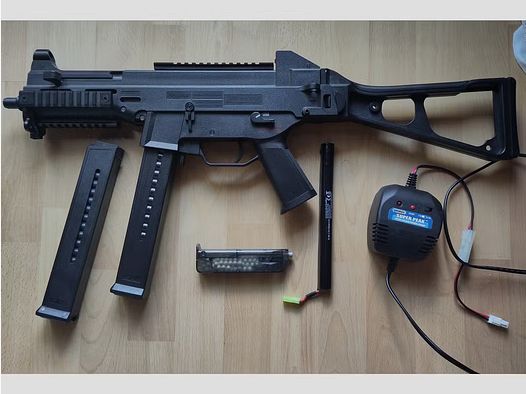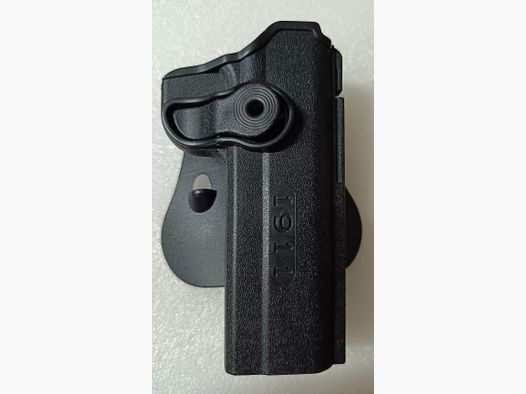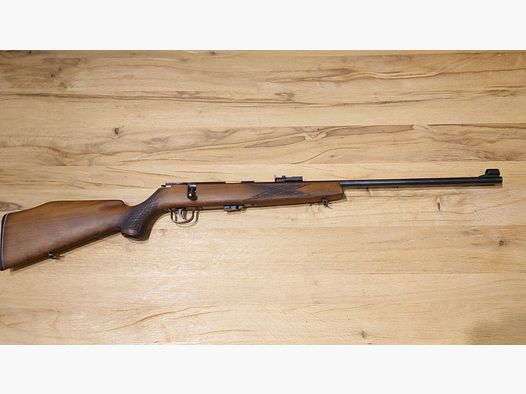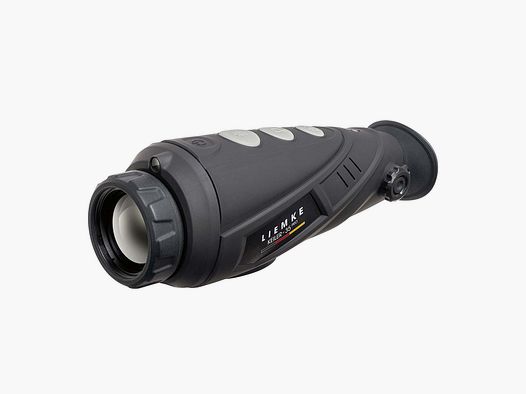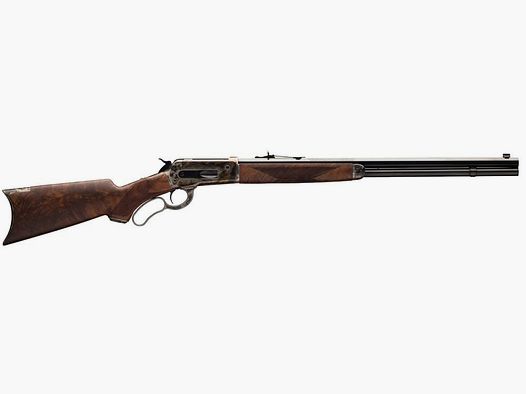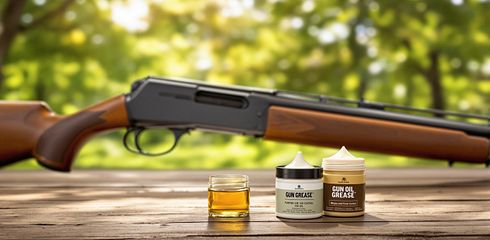Quick Answer: Waterproof ammo boxes provide complete protection against water, even when submerged, and are ideal for extreme conditions like rain or humid environments. Weatherproof boxes reliably protect against moisture and dust but are not completely waterproof – perfect for everyday use and lighter outdoor conditions.
Quick Overview:
| Criterion | Waterproof | Weatherproof |
|---|---|---|
| Level of Protection | Completely waterproof (e.g., IP67) | Water and dust resistant, not submersible |
| Material | Steel or NK-7 resin | Plastic or metal |
| Sealing System | High-quality rubber seals | Simpler seals |
| Weight | Heavier | Lighter |
| Application Area | Extreme weather conditions, long-term storage | Daily transport, moderate conditions |
When to Use?
- Waterproof: Perfect for hunting in the rain, humid areas, or longer trips.
- Weatherproof: Ideal for transport to the shooting range or normal storage.
Tip: Pay attention to legal requirements in Germany (DIN/EN 1143-1) to avoid fines.
Is An Ammo Can Really Waterproof?
What Are Waterproof and Weatherproof Ammo Boxes?
To make the right choice between waterproof and weatherproof ammo boxes, it is important to understand the differences in their construction. Below, we take a closer look at the features of both variants.
Waterproof Ammo Boxes
Waterproof ammo boxes provide complete protection against water – even when fully submerged. They are made from durable materials and are equipped with special seals that allow for an airtight and watertight seal.
These boxes are often made from polypropylene or metal and use rubber seals to protect the contents from moisture. Metal boxes often feature additional locking mechanisms, sometimes even with keys, to enhance security.
An example is the NANUK 908 Waterproof Ammo Case, made from lightweight NK-7 resin. It has an IP67 certification, meaning it remains waterproof for up to 30 minutes at a depth of one meter. With its PowerClaw locking system and compliance with military standards such as the MIL-STD-810F immersion tests, it offers excellent protection.
Metal boxes are often coated with a rust-resistant finish to extend their lifespan. These features make them ideal for use even in extreme conditions.
Weatherproof Ammo Boxes
Weatherproof ammo boxes protect against rain, moisture, and dust, but are not designed for complete submersion. They use basic sealing mechanisms that are sufficient for most outdoor activities.
These boxes are typically made from sturdy plastic or metal and feature simpler locking systems. Plastic boxes are often equipped with water- and dust-resistant snap closures, making them particularly suitable for activities like camping or hunting.
While waterproof boxes are designed for extreme conditions, weatherproof models provide solid protection for everyday use. Plastic boxes are lighter, while metal boxes score points for their durability.
A good example is the Bunker Hill ammo boxes, which deliver about 80–90% of the performance of premium options but only cost 50–60% as much. Both variants help extend the lifespan of ammunition by effectively keeping moisture at bay.
Comparison: Waterproof vs. Weatherproof Ammo Boxes
A look at the level of protection, material, and sealing makes the decision for the right ammo box easier.
Main Comparison Points
| Feature | Waterproof Ammo Boxes | Weatherproof Ammo Boxes |
|---|---|---|
| Level of Protection | Completely waterproof – even when submerged (up to 1 m for 30 minutes) | Water and dust resistant; not suitable for submersion |
| Material | Cold-rolled steel (according to ASTM A109/A568) or NK-7 resin | Sturdy plastic or metal |
| Sealing System | High-performance rubber seal with PowerClaw locks | Simple snap locks with rubber seal |
| Weight | Heavier due to reinforced construction | Lighter, especially in plastic models |
Material and workmanship differ significantly: Military ammo boxes meet strict requirements – their locks withstand a pulling force of 453 kg for one minute. The coating is tested for corrosion resistance in an 80-hour salt spray test. In waterproof models, about 40% of production costs go into the sealing. These seals are made from special rubber that neither dries out nor cracks – a clear advantage over the simpler rubber seals in standard models.
Weather extremes make the differences even clearer: While waterproof boxes remain reliable even when fully submerged, weatherproof models provide sufficient protection for typical outdoor conditions.
Practical examples: Hunters who often operate in the rain or in humid areas benefit from waterproof boxes. For sport shooters who only transport ammunition between home and the shooting range, weatherproof models are usually sufficient.
Steel boxes score with a rust-resistant coating that offers high protection, while plastic boxes are lighter and virtually maintenance-free.
For long-term storage, the choice of material plays a crucial role. High-quality, waterproof boxes allow for storage of up to 29 years. However, this performance is only guaranteed with an intact seal.
With this information, you can better assess which box meets your requirements – more on this in the next section "When to Use Which Box Type".
When to Use Which Box Type
Now that you know the differences, it is important to understand when which box type is best suited. The choice between waterproof and weatherproof ammo boxes primarily depends on the specific conditions under which you will use them.
Hunting in Extreme Weather Conditions
In adverse weather conditions, a waterproof box is indispensable. Thanks to its high-quality seal, your ammunition remains protected from moisture that could impair its performance. These boxes offer a crucial advantage: they reliably protect even when briefly submerged. Especially for waterfowl hunting or on multi-day trips, they are essential. The rubber seal ensures that no water enters – even if the box falls into the water.
Regular Storage and Transport
For daily use, weatherproof plastic boxes are a practical and cost-effective choice. They provide sufficient protection against dust and light moisture and are significantly cheaper. Another advantage: plastic boxes are not only lightweight but also rust-free. Their low weight makes them particularly suitable if you frequently transport your ammunition.
Long-Distance Travel or International Use
On longer trips, especially in changing climatic conditions, waterproof boxes are ideal. They reliably protect against moisture, dust, and impacts. When flying, it is also advisable to pay attention to low self-weight to ensure both protection and manageability.
Legal Requirements in Germany
The German Weapons Act stipulates that ammunition must be stored in a container that complies with the DIN/EN 1143-1 standard. Ensure that your ammo box meets these requirements. Although the law does not explicitly differentiate between waterproof and weatherproof boxes, the security level of the container is crucial. A box that provides sufficient protection against weather influences helps preserve the quality and safety of your ammunition.
In Germany, there are about 5.5 million registered firearms owned by approximately 1.4 million people. This shows how important proper storage is. With this information, you can select the right box type for your individual needs.
sbb-itb-1cfd233
Conclusion
In summary, both box types have their justification: For extreme conditions, waterproof boxes are the best choice, while weatherproof models excel in everyday use.
Waterproof boxes made from materials like steel, aluminum, or high-quality silicone offer top-level protection – thanks to IP protection classes from IPx7 to IPx9, they are even equipped against submersion and high-pressure water jets. Weatherproof boxes (IPx3 to IPx6) made from lighter plastic, on the other hand, reliably protect against splashes and rain and are often a more affordable option.
"Weatherproofing ensures your hunting equipment stays functional, safe, and ready for the unexpected." – Cole-TAC Team
As the Cole-TAC Team emphasizes, your equipment remains ready for use and safe through weatherproof storage – a crucial advantage, especially in outdoor activities. For waterfowl hunting or longer trips, it is advisable to opt for waterproof models. For everyday use, weatherproof plastic boxes are sufficient and also more cost-effective.
Don't forget to comply with the legal requirements for storage. With around 1.4 million gun owners and 5.5 million registered firearms in Germany, safe storage is a particularly important issue.
To find the right box and make the purchase as easy as possible, Gunfinder offers a wide selection of waterproof and weatherproof ammo boxes from various manufacturers. The platform searches over 100 retailers and enables you to have a secure and stress-free purchasing process. This way, you can store your ammunition safely and in compliance with the law.
FAQs
How do waterproof and weatherproof ammo boxes affect the shelf life of ammunition?
The Shelf Life of Ammunition and the Importance of Storage
The lifespan of ammunition largely depends on how it is stored. Waterproof ammo boxes are particularly effective in this regard, as they reliably keep moisture at bay. This prevents corrosion and keeps the ammunition ready for use longer. This type of storage can significantly extend shelf life – in many cases even for decades.
Weatherproof boxes, on the other hand, protect against external influences such as rain or temperature fluctuations. However, they do not provide the same protection against direct moisture as waterproof models. Therefore, waterproof boxes, especially in humid environments, are the clearly better choice for long-term ammunition storage.
What regulations apply in Germany for the safe storage of ammunition in ammo boxes?
Regulations for Ammunition Storage in Germany
The German Weapons Act (§ 36 WaffG) clearly states that ammunition must be stored in a way that protects it from unauthorized access. A locked container must be used for this purpose. Suitable options include steel sheet containers with a swivel latch lock or containers with a comparable security level.
It is strongly recommended to store ammunition and firearms separately. This separation not only helps to fully comply with legal requirements but also minimizes the risk of misuse. Be sure to regularly check that your storage complies with current legal requirements.
How can I properly maintain the seals of my waterproof ammo boxes to ensure they last long?
To ensure that the seals of your waterproof ammo boxes remain in excellent condition, regular maintenance is crucial. Use a damp cloth and mild dish soap to gently remove dirt and deposits. Do not use aggressive cleaning agents, as they can damage the seals.
An additional tip: Occasionally rub the seals with some talcum powder. This protects the elasticity and prevents the material from becoming brittle over time. It is important to allow the seals to dry thoroughly after cleaning before closing the box again. This way, your ammo boxes remain reliably sealed and ready for use – even in the long term.



